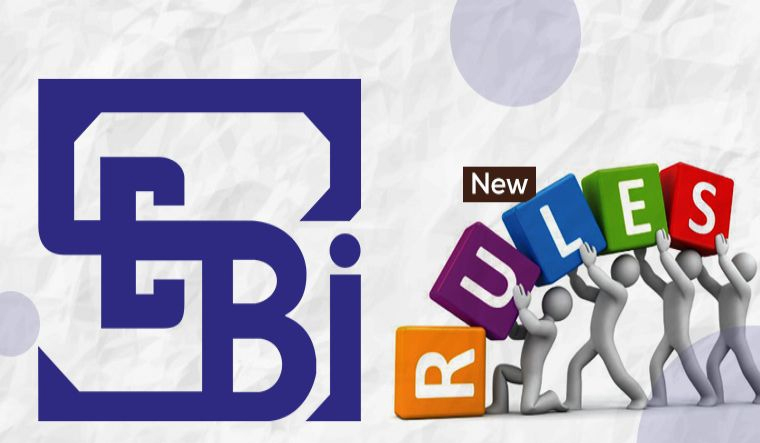Financial Markets in India are closely regulated by government bodies. Investors of various stature participate in the financial markets to grow wealth and meet financial goals. Several financial products exist, and new ones are being innovated, giving investors more choices than ever. However, any investment has a risk element associated, and financial markets need close vigilance to weed out misleading products and advertisements around the financial instruments. The stock market is an active space where new financial products are conceived, and new participants step in to try their hands at trading every day.
To make the stock market safer, the Securities and Exchange Board of India (SEBI) has introduced a few general rules and regulations about the overall functioning of stock markets in India. The SEBI carefully monitors, updates, and amends these rules to ensure the safety of investors' securities. We’ll look at some key rules SEBI introduced to safeguard investors’ interests. Some of them are below:
● Investors can trade only dematerialized securities in the stock market
Investors can trade only Demat securities in the stock market.
Stock markets operate online, and companies only issue their shares in digital form. There is no place for paper-based securities. Therefore, individuals who want to participate in the stock market require a Demat Account . A dematerialization account typically referred to as a Demat account, is used to store an investor's financial holdings in a digital format. Unlike the previous outcry trading system, online trading with dematerialized securities is quick and easy. It helps store all shares in digital form in one place and keep a record of all transactions. Dematerialized shares are safer to hold as they eliminate the risk of the shares getting lost, damaged or mutilated that were associated with paper-based share certificates.
Demat account is offered by Depository Participants (DP), the intermediaries of the Depository. CDSL & NSDL are the two depositories in India.
● A trading account is mandatory to access stock exchanges
Stock exchanges are regulated electronic platforms to buy and sell different financial securities, like shares and bonds, in the stock market. Once a company gets listed on the stock exchange after completing the IPO process, its shares start trading in the secondary market on the stock exchange. You need a trading account to access stock exchanges. If you want to invest in upcoming IPO , and profit from the possible listing gains, you need a Demat and Trading Account.
A trading account is offered by a stockbroker registered with the SEBI and the Exchange.
● You can create multiple Demat accounts, but with different stockbrokers
Investors can open multiple Demat accounts. There is no restriction on the number of Demat accounts to be opened by an individual. However, you can open only one Demat account with a stockbroker. For each Demat account, you need to approach different brokers. Many investors open multiple Demat accounts to segregate their investing and trading portfolios. Also, they can store their short-term and long-term investments separately.
● New norms in margin trading
Traders use margin trading to get more capital from the broker for trading in the hope of more profits. As per the SEBI rules, you need to pay a margin upfront for margin trading funding with the broker. It is a step to standardize the leverage norms and achieve more transparency in the stock market.
● Power of Attorney is not mandatory
Investors need not necessarily provide a power of attorney (POA) to the stockbroker. Earlier, the investors had to allow the brokers to execute the transactions on their behalf through POA necessarily. This mandate has been revoked to safeguard investors. Now, to avail of margin, traders need to create a margin pledge separately. The pledged stock will remain in the investor's Demat account.
In addition, SEBI has recently introduced DDPI (Demat Debit Pledge Instruction) that will replace the need for POA for below two instances:
· For transfer of securities held in the investor’s Demat account after a trade is executed by the investor
· For pledging / re-pledging of securities to meet the margin requirements when such a trade is executed by the investor
● Client-level allocation of funds
Following the new trading rules, brokers will report individual client-level allocation of funds to the SEBI. This is to protect customers' funds from unauthorized use. Brokers cannot use your funds for others' margin requirements. Brokers must report the client-level allocation of funds. Stockbrokers will not be able to pledge the customer's funds like collateral against loans.
Thus, being familiar with the SEBI rules on stock trading allows you to protect yourself from unauthorized activities and ensure the safety of your financial assets with a broker.
Investments in securities market are subject to market risk, read all the related documents carefully before investing.




